Interviewer: One of the things about Knole is that it’s always been a family house as well as a great show house. I gather that the family has always lived here and is still living here.
H.S-W: Oh yes, yes, yes. It’s always been occupied by the family and of course at the moment there are two large families, or they were large before the children began to scatter. But my brother Lord Sackville of course has five children and I have five children as well and at one stage we were all here together.
Interviewer: I have always felt that it must be a wonderful house for children.
H.S-W: Well yes, it is, it is. There’s a lot to explore.
Interviewer: Yes, and it seems, from talking to people connected with Knole [it was ] always to have been in many ways an extended family, in that there’s a great deal of loyalty to the family from the people who have worked or who are working still in the estate.
H.S-W: Yes, I think that’s perfectly true. All the people who have worked here seemed to have been interested always in what goes on and in the work they have done over the years.
Interviewer: It’s nice – a silly English word, ‘nice’ – to think that that feeling continues even though the community aspect of living at Knole has disintegrated – since the family has not actually employed so many people to be working and in supplying the House …
H.S-W: Yes, I suppose there are many many fewer people than there were, but then on the other hand, we’ve got a large number of people working here in a quite different way, like the [showroom] stewards and the people in the Needle Room, and all of those people, and I think in a different way they, too, have a feeling about Knole.

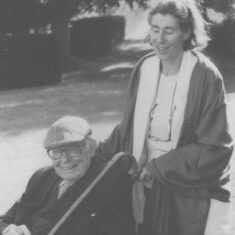
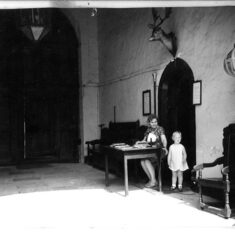
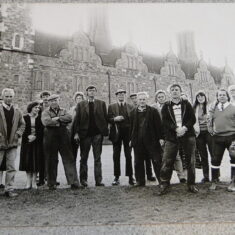
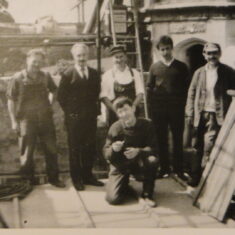
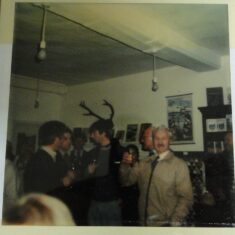





No Comments
Add a comment about this page